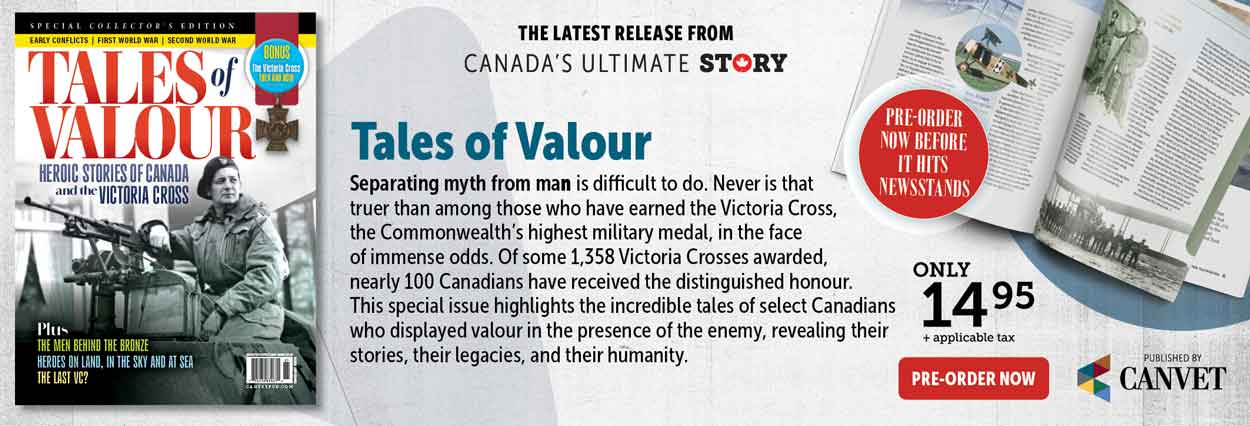![Canadian infantry in Panjwaii, 2010. [PHOTO: adam day]](https://legionmagazine.com/wp-content/uploads/2014/04/bercuson_1.jpg)
The final departure of Canadian troops from Afghanistan and the end of the Canadian training mission—Operation Attention—has been the occasion for reflection by academic observers, the press and politicians on what, if anything, Canada accomplished there.
Canadians served in Afghanistan, in some capacity, from late 2001 to the spring of this year. More Canadian military personnel served in Afghanistan than in Korea. More than 160 Canadians died on active service and several thousand were wounded in body and spirit. So the questions being asked these days are: what did Canada get out of it? And just as important, did we win or lose?
But really, these are the wrong questions.
They are easy questions to ask in these days of reality TV when someone gets voted off the island and someone else gets to stay. The difference between winning and losing in reality TV is stark. The need for a wide audience demands it. But parallels to the real world are non-existent. After all, the film crew and the program producers will come back year after year no matter the fate of individual contestants. It’s not reality no matter how many yucky creatures the contestants have to eat.
In reality, wars rarely produce clear-cut results. Our perception of war is understandably always going to be shaped by the outcome of the Second World War. In that war Britain, the United States and the Soviet Union decided at the beginning of 1943 they would fight the Axis until they achieved “unconditional surrender.” In other words, there would be no negotiations, no settlement, no treaties. The enemy would be crushed, the war would end when the Allies won completely, and not before.
Some historians claim that the only prior war that ended in this way was the Third Punic War between Rome and Carthage in the years 149-146 BC which ended with the complete destruction of Carthage. Whatever the case, most wars have ended very differently, with political settlements, even a war as vast and bloody as the First World War which officially ended with the Treaty of Versailles in the summer of 1919.
There were many predictions of “victory” over the Taliban and al-Qaida in the period that Canada was engaged in the war, many by Canadian diplomats, soldiers and pundits. But victory was never on the table in a conflict where one antagonist had the support of a neighbouring country–Pakistan–across an open border and where the government of the country we were trying to “save” was so deeply corrupt.
The North Atlantic Treaty Organization (including Canada, of course) and the U.S. obviously didn’t “win” in Afghanistan, but it is simply too early to say that we lost. Last summer marked the 60th anniversary of the end of the Korean War. When we look at Korea today, we can rightly claim that the lives lost in defence of South Korea were lost in a cause that ultimately triumphed. The contrast between North and South Korea today is manifest. But could we have said that in the first 30 years or so after the end of the Korean War when South Korea was a corrupt military dictatorship? Any pronouncement on whether our sacrifices in Afghanistan were “worth it” are simply too premature.
Afghanistan was a war of choice for Canada, but then virtually all the wars Canada has fought have been wars of choice. Senator Raoul Dandurand, Canada’s representative at the League of Nations, declared in the early 1920s that Canada lives in a fireproof house, far from flammable materials. Long derided as the epitome of interwar Canadian isolationism, Dandurand was not incorrect. Canada is as safe as safe can be in such an interconnected world.
But Canadian governments from that of Sir Wilfrid Laurier in 1899 to now have long decided for better or worse, that Canadian prosperity and well-being is ultimately connected to whatever larger international system nourishes us. Once that was the British Empire, which guarded our coasts and partnered with us in trade and investment; now it is the loose but nonetheless real association of “western” liberal democracies–the EU, the United States, the Anglosphere–that we are so much a part of and that helps to keep us fed and safe. We fought for the British Empire in South Africa in 1899-1901. We fought for the U.S. and NATO in Afghanistan in 2002-2011. But we also fought for ourselves.
There are many lessons we need to learn from Afghanistan, about how we fought and how we did or did not protect our own national interests when we were there. But we occupy a large chunk of the world’s land mass, we have a high standard of living and we have friends, partners and nations of interest that we are interconnected with. As former deputy prime minister John Manley said after 9/11, we can’t always leave the table when the waiter comes with the cheque.
Advertisement





















